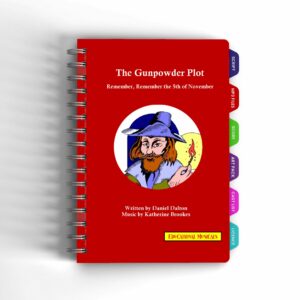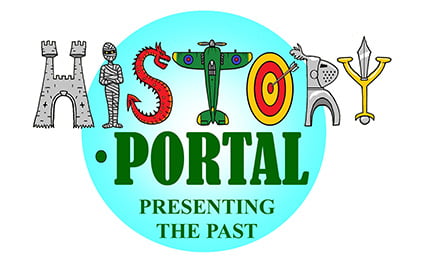
The plan itself was fairly simple, but it went wrong.
Basically, they were all Catholics and they wanted to bring the catholic religion back to England by blowing up the House of Lords during the state opening of Parliament, as the king, the Lords and the Commons would all be in the Lords chamber. This, they thought, would start a revolution that would bring the Catholic religion back to England.
The conspirators learnt that there was a cellar directly under the House of Lords. It was a kitchen that had been rented out for coal storage, and the tenant was moving out.
One of the conspirators, Thomas Percy rented it. They filled the cellar with the gunpowder and waited for the opening of Parliament. And the, bang!!!
As we know now it all went wrong!
How wrong it was your children can learn from our musical The Gunpowder Plot –Remember, Remember the 5th of November that tells this story through the dialogue, that never has more than five lines in any speech, and twelve original songs, including a rap number, that your children will walk round the school singing.
To hear two of the songs and read two pages of script please go to https://www.history-portal.com/index.php/product/the-gunpowder-plot/
Enjoy the show, as history matters.
10 questions to discuss:
- How did the religious landscape of England contribute to the motivations behind the Gunpowder Plot?
- Beyond Catholic restoration, were there any political or social goals involved in the plot?
- How did the conspirators gain access to the cellar beneath the Houses of Parliament, and what role did Thomas Percy play?
- What were the potential consequences of the plot succeeding, not just for the government but for the wider population?
- Explain the significance of Guy Fawkes and why he became the most well-known figure associated with the plot.
- How did the plot ultimately get foiled, and who played a key role in uncovering it?
- What were the immediate consequences for the plotters, both in terms of punishment and public perception?
- How did the Gunpowder Plot influence the relationship between Catholics and Protestants in England for centuries to come?
- Beyond the historical event, how has the Gunpowder Plot been remembered and portrayed in contemporary popular culture?
- Do you think the Gunpowder Plot can be seen as a misguided attempt at political change, or solely an act of terrorism, and why?
These questions encourage thoughtful analysis and discussion by:
- Exploring the plot’s motivations and potential wider impacts.
- Examining the key figures and their roles in the conspiracy.
- Considering the consequences and long-term historical legacy of the event.
- Analyzing the portrayal of the plot in different contexts and its relevance to today.
- Encouraging critical thinking about the nature and interpretations of historical actions.
To get more information, go to:

